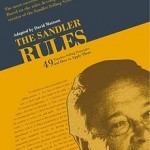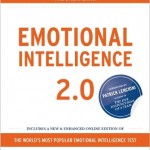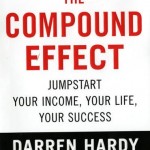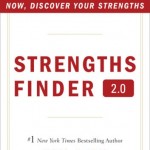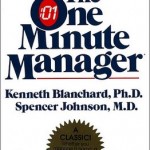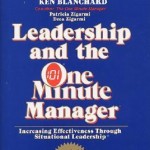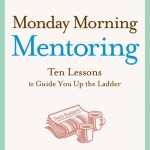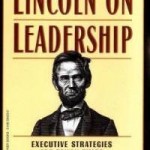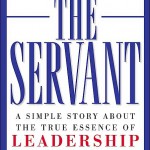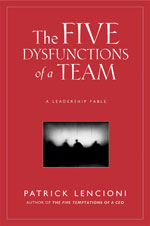 So the world didn’t end on the 21st of December. But let’s just pretend that we all have just one year left to exist. What would you do with that year?
So the world didn’t end on the 21st of December. But let’s just pretend that we all have just one year left to exist. What would you do with that year?
What would you be willing to do to realize that fantastic, pie-in-the-sky, slightly crazy dream that you’ve had all your life?
A major key to success is to have big, hairy, audacious goals (BHAGs) running as undercurrents for everything we do in the present and in the near future. A BHAG is the single purpose that underpins and drives everything a business is about and is striving for.
Author and business strategist Jim Collins says, “BHAGs are not just random goals … A good BHAG has to fit with what you’re passionate about, which includes your values. It has to fit with what best drives you.” We need to set our BHAGs and let them guide us every step of the way to reach our ideal destination.
I’ve been creating my list of goals for the New Year and thought I’d talk to you about your specific goals as well. I achieved some of my goals for 2012 but didn’t reach all of them. I’m not going to let that happen again this year!
This time next year, at the end of 2013, there will be only two possible outcomes:
1. We will have accomplished our goals for the year and we’ll feel great about our achievements.
2. We will be in the exact same place we are today and will wonder where the time went and why we didn’t get what we wanted.
We need to set big goals for 2013. The challenge is then to turn those big goals into action, to keep ourselves accountable, and to do what we say we’re going to do. So carve out two hours this weekend and focus on your goals in order to build your blueprint for 2013. Make the most of the upcoming year, because if you don’t, then no one will.
As you start pondering your specific goals, think about what it’s going to take to achieve them. It’s easy to say that I want to win awards as a salesperson or that I want to make $200,000, but I must think about all of the different things that have to occur to make these goals reality.
I would challenge you to set a minimum of two professional goals and two personal goals.
Once your list of goals is established, it’s time to start looking at each goal individually. Identify specific behaviors needed to reach your goal—I call this “making your game plan.” Putting a specific plan together for each goal can be a difficult process, but it is necessary. The whole point in having a plan is to establish a road map to get you where you want to go.
If your goal as a sales professional in 2013 is to make $ 200,000, then you should calculate what you need to sell on a quarterly, monthly, and on a daily basis. Then you can determine the specific behaviors that will produce the intended results. This may include the number of surgeon calls, the number of scrubbed procedures, changed preference cards, referrals, and more. Once you have these parameters set up, your game plan is set, and now it’s time to execute. Keep in mind that this process can be applied to any goal; it just takes time and thought. It’s not an easy path, but if you are seriously committed to achieving your goals, it is a powerful way to launch yourself to success.
One of the most important aspects of any goal setting venture is sharing—making our goals visible. We need to make our goals public, verifiable, open. Why? It’s all about accountability. Sharing is a measure of our “stick-to-itiveness” to our goals. If we tell others about our goals, we can bet that our overall commitment to each goal will be considerably higher. With that being said, I have decided to “walk the talk” and share my goals with you for 2013!
Personal:
1) Run the Denver Marathon on May 19, 2013.
2) Complete a 7-day river raft expedition of the Grand Canyon July 2013.
Professional:
1) Read 40 nonfiction books on personal development and business education.
2) CRUSH the numbers! Exceed total revenue budget by 5% and Altrus quota by 10%.
Let’s all have a fantastic year by achieving all of our professional and personal goals!! 2013, BRING IT!!!

